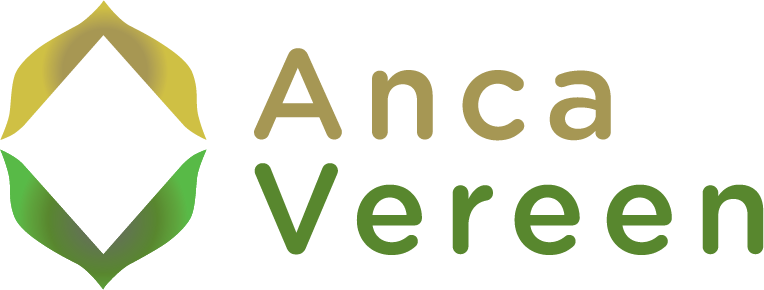What is Nutrigenomics? | Anca Vereen
Eat for your genes
The human genome project was completed in 2003 and with that we got the blueprint for how a human is put together. This has opened the door the omics area which has changed how we conduct research, medicine and nutrition, opening the way to personalised health care- where your health and nutrition recommendations can be tailored based on your unique DNA signature. While there is still much to discover and understand, we can now enjoy many omics applications that can be used safely in clinical settings.
What is nutrigenomics?
Two such applications are nutrigenomics and nutrigenetics which study how nutrients impact gene expression and how your genes influence your requirement for certain nutrients.
Due to this research, we now understand that the general RDI (recommended daily intake) and nutrition recommendations might not be and are likely not adequate for many of us. For example, it is now recognised and accepted that a genetic SNPs (mutation) such as MTHFR requires higher levels of folate than the general 400mcg RDI. This is the case for many other nutrients which are yet to be updated in our general guidelines.
In my private and personal life, I have been grateful to have access to such information as it has made a significant difference to my health and that of my clients. It has allowed me to know exactly which foods, supplements and exercise approaches I should use to maximise my results. Further utilising nutrigenomic testing with my clients, it has allowed them to experience the same outcomes and bring clarity about how their bodies work and what they need to keep themselves optimal. No guess work, just science.
Genetic testing
The costs for nutrigenomic testing have come down considerably. It used to cost thousands and now you can get your genes tested for a few hundred dollars.
The process is incredibly simple. All you need is a cheek swab or saliva. No blood required. Results can take anywhere from 2-4 weeks pending lab and country location.
Dangers of direct-to-consumer DNA testing
While direct to consumer testing is available, I strongly recommend against this. Many companies will make unsubstantiated claims about what your results mean without considering your personal and medical history, clinical signs and symptoms, diet and exercise routines, sleep, stress experience, blood tests etc. These are an absolute must know before any nutrition or health recommendations should be made. Only a practitioner trained in nutrigenomics, who conducts a through assessment, relevant blood and other investigations should advise how to implement health recommendations based on your DNA.
For example, I was engaged by a company that tested for only 8 genes at the time yet wanted to say you should follow a certain diet based on limited information. This is dangerous and unethical, yet many companies use the same approach to sell you their products. Therefore, its important to be vigilant and ask the right questions and steer away from appealing well marketed lies.
Consideration you should make before testing
You would want to know where the lab is located and if it accredited. Here in Australia NATA runs all the accreditation for genetic labs.
What are they doing with your sample once received? You can choose to have this destroyed or stored for later as you can get more information as more gene assays become available. Storing the sample however can also mean that this information can be sold without your consent to pharmaceutical companies who want to use this data to manufacture drugs.
Are the team behind the genetic data interpretation accredited and have ample experience in the field? Looking at research can be like cherry picking unfortunately. Unethical labs will look for and skews the evidence to match their hypothesis rather than remaining objective.
Does the genetic data have implications for your insurance premium and claims? Nutrigenomics testing which is different than genetic testing, (the later looking at genes directly associated with medical conditions) usually doesn’t impact your life insurance. However, it is best to always check with your insurer before getting tested.
These are only some of the considerations you should make before embarking on this journey. You can see why working with a trusted practitioner is key to ensure you get the best advice and health outcomes.
Anca Vereen is a specialist dietitian working in this exciting area and is currently teaching nutrigenomics and personalised nutrition for Latrobe University. She also offers nutrigenomics testing and personalised consultation online. For bookings please visit ancavereen.com




